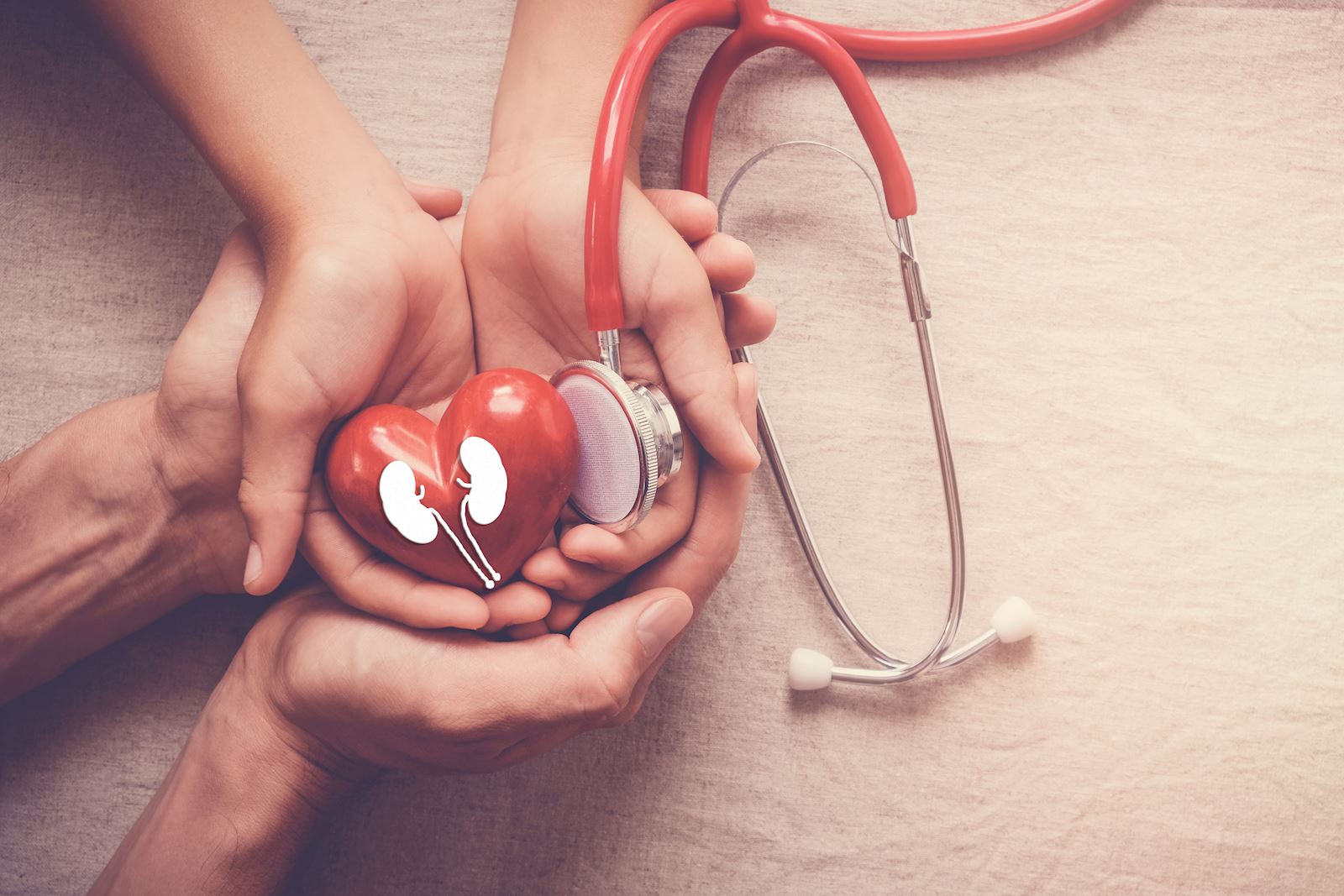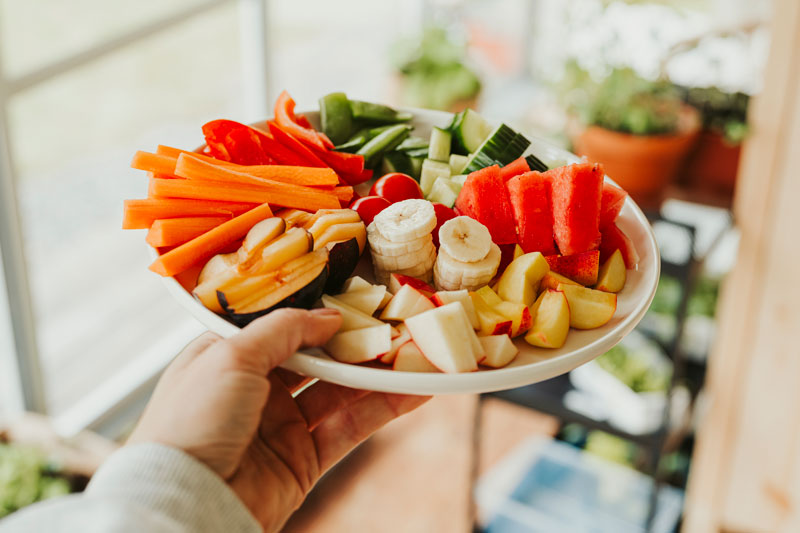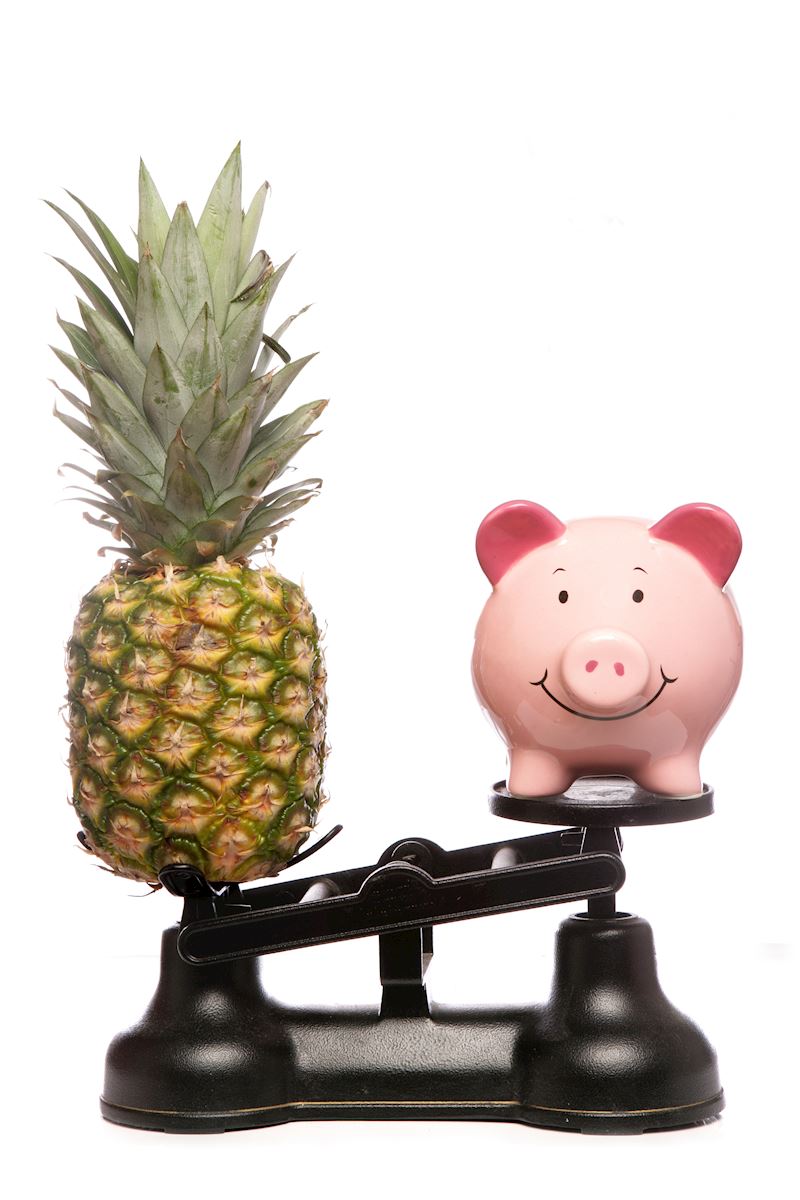What organ is the size of your fist and processes fluid to keep you alive? If you said, “the heart,” you’d be correct. But you’d also be right if you answered: “kidneys.” The kidneys are one of our hardest working organs filtering all the blood in the body every half hour. And, yet the kidneys are the body’s “unsung heroes.”
About our kidneys
Our two kidneys, located on each side of the spine below the rib cage, are the body’s cleaning system. They remove toxins, excess fluids, and waste. The kidneys also help regulate blood pressure and chemicals in the body, support bone health, and stimulate the body’s production of red blood cells.
When the kidneys don’t work as well as they should, you can develop Chronic Kidney Disease (CKD). If the condition progresses and the kidneys stop working completely, it’s called kidney failure or End Stage Renal Disease (ESRD). Patients with ESRD often need dialysis or a kidney transplant to survive.
Kidney disease doesn’t get as much recognition as other health concerns such as heart disease or lung cancer, but it’s one of the top chronic illnesses in the U.S. affecting one in seven adults. It’s also known as a “silent disease” because often, in the early stages, it doesn’t cause symptoms and frequently goes undetected.
By the numbers
As we recognize National Kidney Month in March, here’s a quick overview of kidney disease in America by the numbers:
- 37 million Americans have CKD due to disease or injury.
- 9 in 10 Adults with CKD don’t know they have the disease.
- Minorities and men are more likely to experience ESRD.
- 726,000+ Americans have kidney failure.
- 100,000+ Americans are on the waiting list for a kidney transplant.
- Kidney disease has a substantial economic impact on patients and our country as well.
- $1,400+ is the median annual out of pocket costs for CKD patients who aren’t on dialysis. Studies show that patients with CKD have higher health care costs — including medical, dental, and vision care — than people with cancer and stroke.
- $84 billion in costs to Medicare for people with CKD in 2017.
Nutrition is key
Fortunately, there are ways to manage kidney disease so it doesn’t progress. With the right nutrition and clinical support, people with CKD can live normal, productive lives. The first line of defense is education about how the right nutrition helps manage the disease. Many doctors will recommend that their patients with kidney disease follow a special diet — often called a “renal diet” — which supports the kidneys, helps prevent the condition from worsening, and also protects against other chronic illnesses including diabetes and heart disease that complicate the management of kidney disease.
Mom’s Meals® can help
We help make managing kidney disease easier with fully prepared and refrigerated renal-friendly meals with nationwide delivery direct to home. Browse our meals.
Sources:
https://www.kidney.org/news/newsroom/factsheets/Organ-Donation-and-Transplantation-Stats



